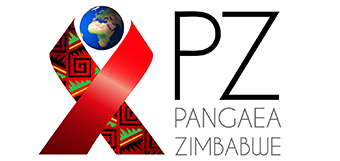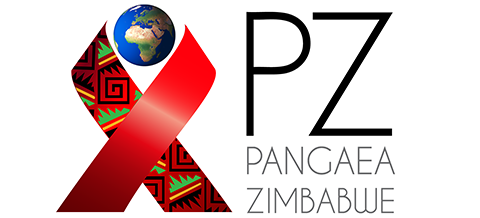Long-acting injectable PrEP will support DSD for HIV prevention in Zimbabwe
Zimbabwe MATRIX Stakeholders Consultation and Pre-meeting Workshop
3rd November 2022World AIDS Day 2022 in pictures
1st December 2022Pangaea Zimbabwe joins the world in commemorating the World AIDS Day 2022 under the theme “Equalize”.
Read the article by Dr. Joseph Murungu, Senior Technical Advisor, Pangaea Zimbabwe AIDS Trust, Zimbabwe:
Over the past decade, Zimbabwe has made great strides towards reducing new HIV infections among the general population – a 70% reduction between 2010 and 2021, according to UNAIDS estimates. Despite this significant progress, the number of new HIV infections per year is still unacceptably high as the country missed the 2020 target of a 90% reduction in new infections. It is now important to ensure that HIV prevention programmes reach previously underserved groups who may benefit the most from combination HIV prevention interventions, including pre-exposure prophylaxis (PrEP). Scaling up access to quality, people-centred PrEP services, therefore, remains a top priority.
In its latest PrEP implementation guidance brief, the World Health Organization (WHO) recommends differentiated, simplified, de-medicalized and comprehensive PrEP services. DSD for PrEP, as outlined in this country policy development brief, simplifies PrEP by providing easier-to-collect, longer PrEP refills at more convenient locations. It reduces the clinical package at certain types of visits, enabling lay cadres to manage such visits and increasing utilization of virtual platforms, and supports service integration. The brief also recommends that people using PrEP should be assessed for suitability and have the option to choose a less intensive differentiated PrEP service delivery model as soon as it is feasible.
The WHO implementation guidance summarizes three recommended PrEP methods: oral PrEP containing tenofovir; the dapivirine vaginal ring for cis-gender women; and long-acting injectable cabotegravir (CAB-LA). In October 2022, Zimbabwe demonstrated its commitment to further reducing new HIV infections when the national Medicines Control Authority approved CAB-LA for HIV prevention. DSD for prevention, including differentiated PrEP delivery, is part of the Operational and Service Delivery Manual for the Prevention, Care and Treatment of HIV in Zimbabwe (OSDM) updated in 2022.
The approval of CAB-LA enhances the portfolio of HIV prevention methods and may help address social, structural and cultural barriers to PrEP uptake and adherence. Young women and girls aged 15-24 in Zimbabwe, among whom new HIV infection rates remain significantly higher than their male counterparts (5,200 new infections among females versus 1,600 among males in 2021), can benefit from increased options that allow them to choose.
In line with the recently updated national guidance, Zimbabwe, along with other countries in the region, will be implementing PrEP product introduction projects. These projects will emphasize PrEP choices, including oral PrEP, dapivirine vaginal ring and CAB-LA, to prepare and inform wide-scale roll out.
Large-scale access to different PrEP options, including CAB-LA, however, will only be possible if the price of CAB-LA is substantially reduced. In addition, we need to address issues around availability, health system preparedness, human resources, client/people-centred service delivery platforms, supply chains and monitoring effective use, as well as creating a stigma-free, friendly environment.
We have exciting new HIV prevention methods available – now let’s make them affordable and accessible to ensure that people can access the PrEP option that works best for them.

